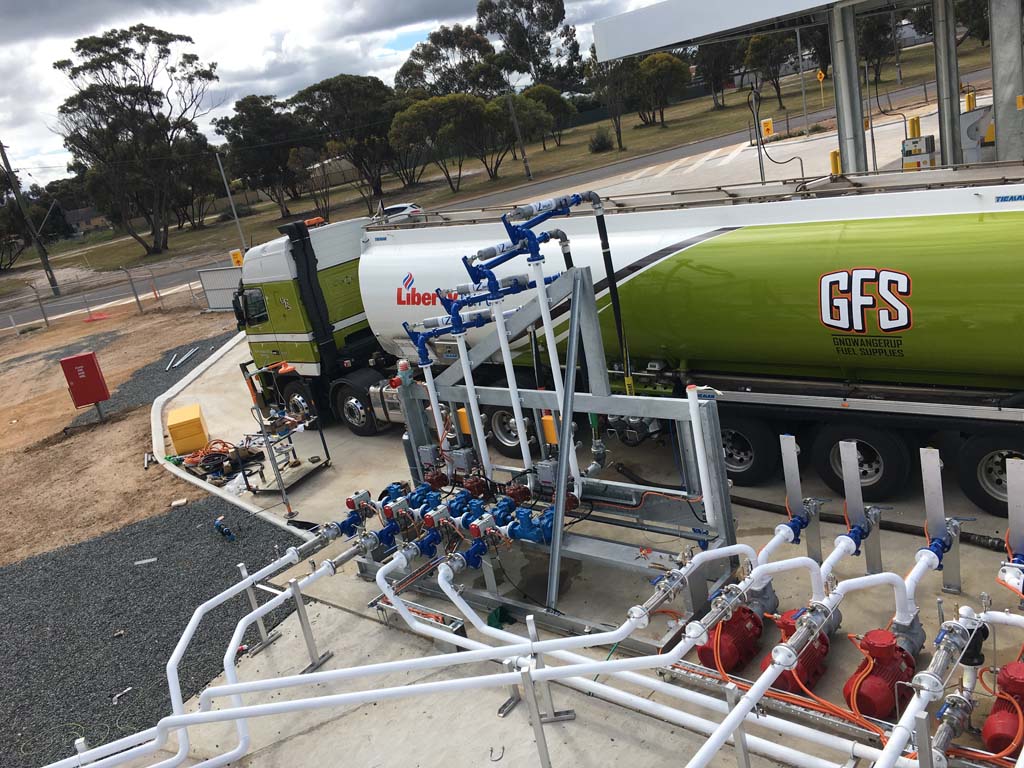Transport Fuel Management: Maximising Efficiency and Compliance
15 May 2025
Transport fuel management from Future Fuel Services ensures efficiency and compliance for your fleet, reducing costs and enhancing sustainability.
Transport fuel management directly impacts both operational costs and environmental responsibilities. Effective management strategies not only optimise fuel consumption but also ensure regulatory compliance in the industry.
Optimising Fuel Efficiency in Transport
Route optimisation tools help transport fleets identify the most fuel-efficient routes, reducing fuel consumption and travel time. Additionally, adopting fuel-efficient vehicles can significantly cut down on fuel costs over time.
Regular maintenance is key to ensuring that vehicles perform at their best, preventing unnecessary fuel wastage. Monitoring driver behaviours, such as idle times and acceleration patterns, through telematics can further reduce fuel consumption.
Alternative fuel sources, such as hybrid or electric vehicles, provide long-term savings and reduce dependence on traditional fuels. These options contribute to a more sustainable transport fleet while lowering overall fuel expenses.
Key Challenges in Transport Fuel Management
Fuel price fluctuations can make fuel management difficult, as prices vary and impact budgeting. Companies often use purchasing strategies like price-locking agreements or bulk buying to protect themselves from unexpected price hikes.
Fuel theft and wastage create additional costs for businesses, disrupting efficiency and profitability. Implementing fuel monitoring systems and security measures can prevent theft and ensure better fuel tracking.
Compliance Strategies for Transport Fuel Management
To ensure smooth operations and avoid legal issues, businesses must adhere to specific compliance strategies in transport fuel management. Implementing these strategies not only meets regulatory requirements but also supports long-term operational efficiency and sustainability.
• Implement Fuel Storage Regulations: Ensure fuel storage tanks comply with local environmental and safety standards to avoid penalties and reduce environmental impact.
• Monitor Fuel Usage and Reporting: Use automated systems to track fuel consumption and provide accurate reporting, meeting legal requirements and reducing human error.
• Conduct Regular Audits: Perform routine fuel audits to verify compliance with industry regulations and ensure fuel usage is documented correctly.
• Maintain Environmental Controls: Follow strict guidelines for fuel spills, leaks, and waste disposal to minimise environmental harm and comply with environmental laws.
• Adhere to Fuel Quality Standards: Ensure all fuels used meet industry quality standards to avoid damage to equipment and meet regulatory guidelines.
• Implement Secure Fuel Management Systems: Use digital tracking systems to safeguard against theft and ensure transparency in fuel usage and storage.
• Educate Staff on Compliance Requirements: Train employees on proper fuel handling and regulatory obligations to maintain compliance and reduce the risk of violations.
• Stay Updated with Regulatory Changes: Regularly review and update procedures to stay in line with any new fuel management laws or standards.
Ensuring Optimal Fuel Management for Transport Operations
Efficient transport fuel management by Future Fuels supports business goals of cost reduction and sustainability. Implementing robust fuel strategies and compliance measures can enhance fleet performance and reduce operational costs.
Explore our available fuel system solutions to improve fuel management and ensure long-term operational success.
Check out this blog for additional insights: Fuel management and 6 ways to save fuel for transport businesses
Optimized by: Netwizard SEO

